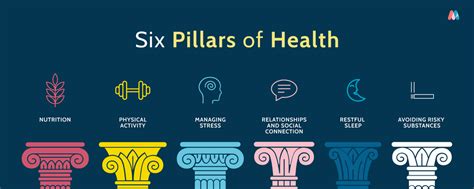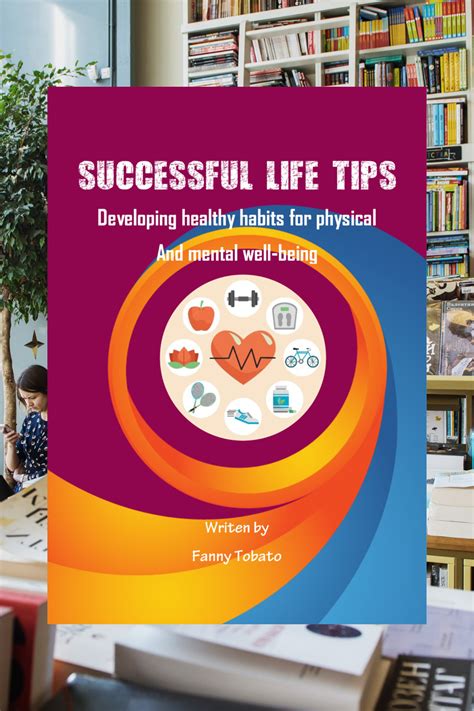Life is an unpredictable journey, often throwing curveballs when we least expect them. Whether it’s hitting a plateau in your fitness goals, facing an injury, or navigating an unexpected financial downturn, setbacks are an inevitable part of the human experience. The true measure of our strength isn’t in avoiding these challenges, but in how we respond to them. Building a resilient mindset is your most potent tool for not just surviving, but thriving after adversity.
Understanding Resilience: More Than Just Bouncing Back
Resilience is often described as the ability to bounce back from difficult experiences. However, it’s more profound than simple recovery; it’s about adapting, learning, and growing stronger in the face of stress and trauma. It’s not a fixed trait, but a skill that can be developed and honed over time. A resilient individual doesn’t deny pain or difficulty; they acknowledge it, process it, and find constructive ways to move forward.

Common Setbacks in Fitness and Finance
Setbacks manifest differently but evoke similar feelings of frustration and discouragement. In fitness, this could be a prolonged injury that derails your training, a significant weight gain after reaching a goal, or a dip in performance. Financially, it might be job loss, unexpected medical bills, market crashes, or business failures. While the contexts differ, the underlying emotional and psychological challenges are remarkably similar: a feeling of being stuck, losing progress, and uncertainty about the future.
Core Pillars of a Resilient Mindset
Cultivating resilience involves a multi-faceted approach, focusing on several key psychological and behavioral strategies:
1. Embrace Realistic Optimism
This isn’t about blind positivity, but about acknowledging the difficulty while maintaining a hopeful outlook. Understand that challenges are temporary and solvable. Focus on what you can control rather than dwelling on what you cannot.
2. Develop Self-Awareness and Acceptance
Recognize your emotions without judgment. It’s okay to feel disappointed, angry, or sad. Accept the situation for what it is, rather than fighting against reality. This acceptance is the first step towards finding solutions.

3. Foster a Growth Mindset
View setbacks as opportunities for learning and growth, not as failures. Ask yourself: What can I learn from this? How can this experience make me stronger or wiser? This perspective shifts you from victim to learner.
4. Practice Self-Compassion and Positive Self-Talk
Be as kind to yourself as you would be to a friend facing similar difficulties. Challenge negative self-talk and replace it with encouraging, realistic affirmations. Your inner dialogue profoundly impacts your ability to recover.

5. Build Strong Social Connections
A robust support system of friends, family, mentors, or support groups can provide emotional comfort, practical advice, and a sense of belonging. Don’t be afraid to reach out and ask for help when you need it.
6. Set Achievable Goals and Celebrate Small Wins
Break down large challenges into smaller, manageable steps. Focus on making incremental progress and celebrate each small achievement. This builds momentum and reinforces your belief in your ability to overcome.
Actionable Strategies for Fitness Setbacks
- Re-evaluate & Adjust: If injured, consult a professional. Modify your workouts to accommodate your recovery. If you’ve hit a plateau, reassess your training program and nutrition.
- Focus on What You Can Control: Perhaps you can’t lift heavy, but you can focus on mobility, nutrition, or mental training.
- Seek Expert Guidance: A personal trainer or nutritionist can offer tailored advice to get you back on track safely and effectively.
Actionable Strategies for Finance Setbacks
- Assess the Damage Honestly: Understand the full scope of your financial situation. Create a new budget or revise an existing one.
- Seek Professional Advice: A financial advisor can help you create a recovery plan, explore options like debt consolidation, or guide investment strategies.
- Build an Emergency Fund: If you don’t have one, start building it. This cushion can significantly reduce stress during future unexpected events.
- Develop New Skills: Consider upskilling or reskilling to enhance your employability or create new income streams.

Sustaining Your Resilient Journey
Resilience isn’t a one-time fix; it’s an ongoing practice. Regularly engage in self-care activities such as mindfulness, exercise, adequate sleep, and hobbies that bring you joy. These practices replenish your mental and emotional resources, making you better equipped to handle future challenges. Regularly reflect on past successes in overcoming difficulties to remind yourself of your inherent strength.

Building a resilient mindset is an investment in yourself. It equips you with the mental fortitude to navigate the inevitable ups and downs of life, turning setbacks into stepping stones for greater strength, wisdom, and success in both your fitness journey and financial well-being. Embrace the process, learn from every experience, and watch yourself bounce back, stronger and more capable than before.




